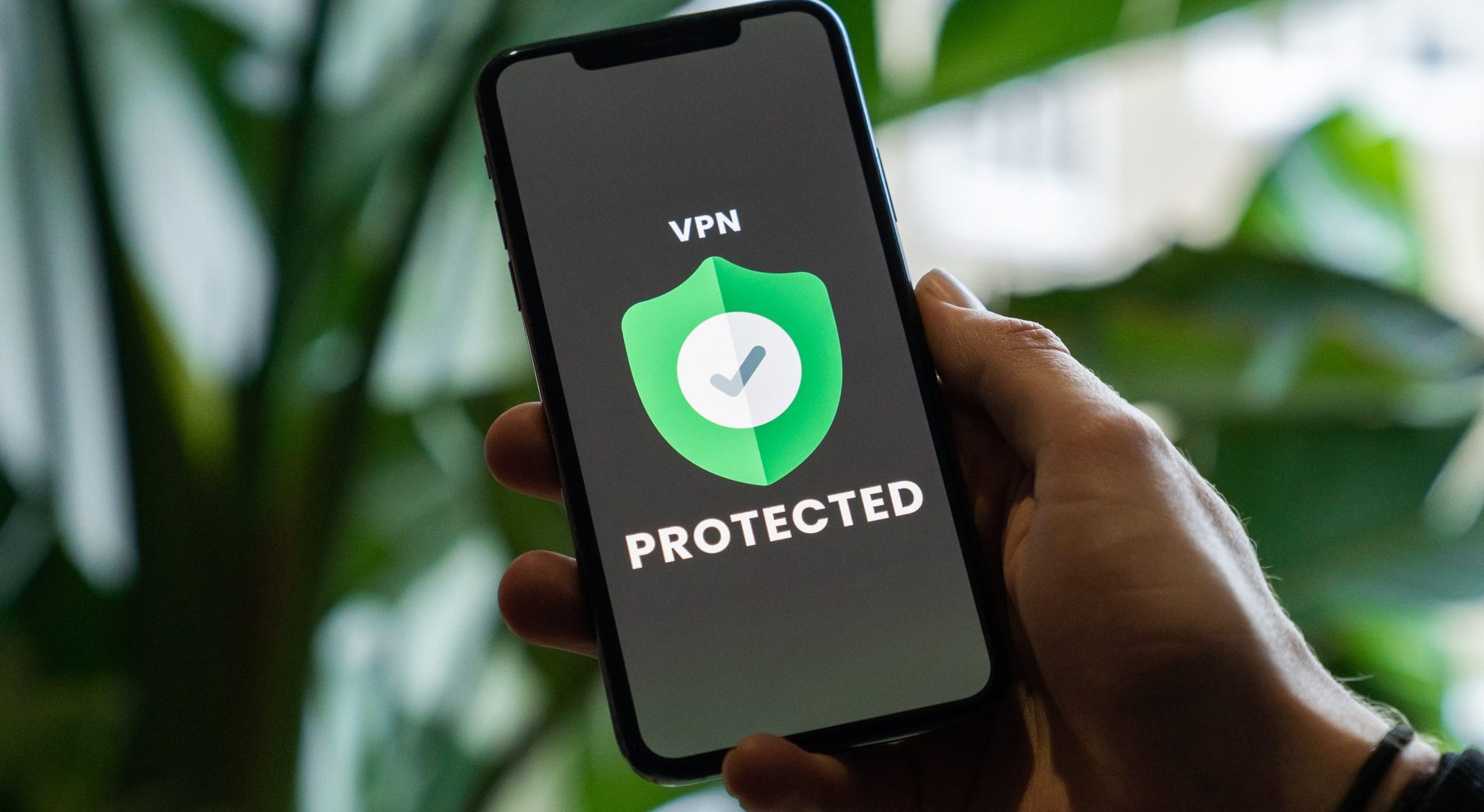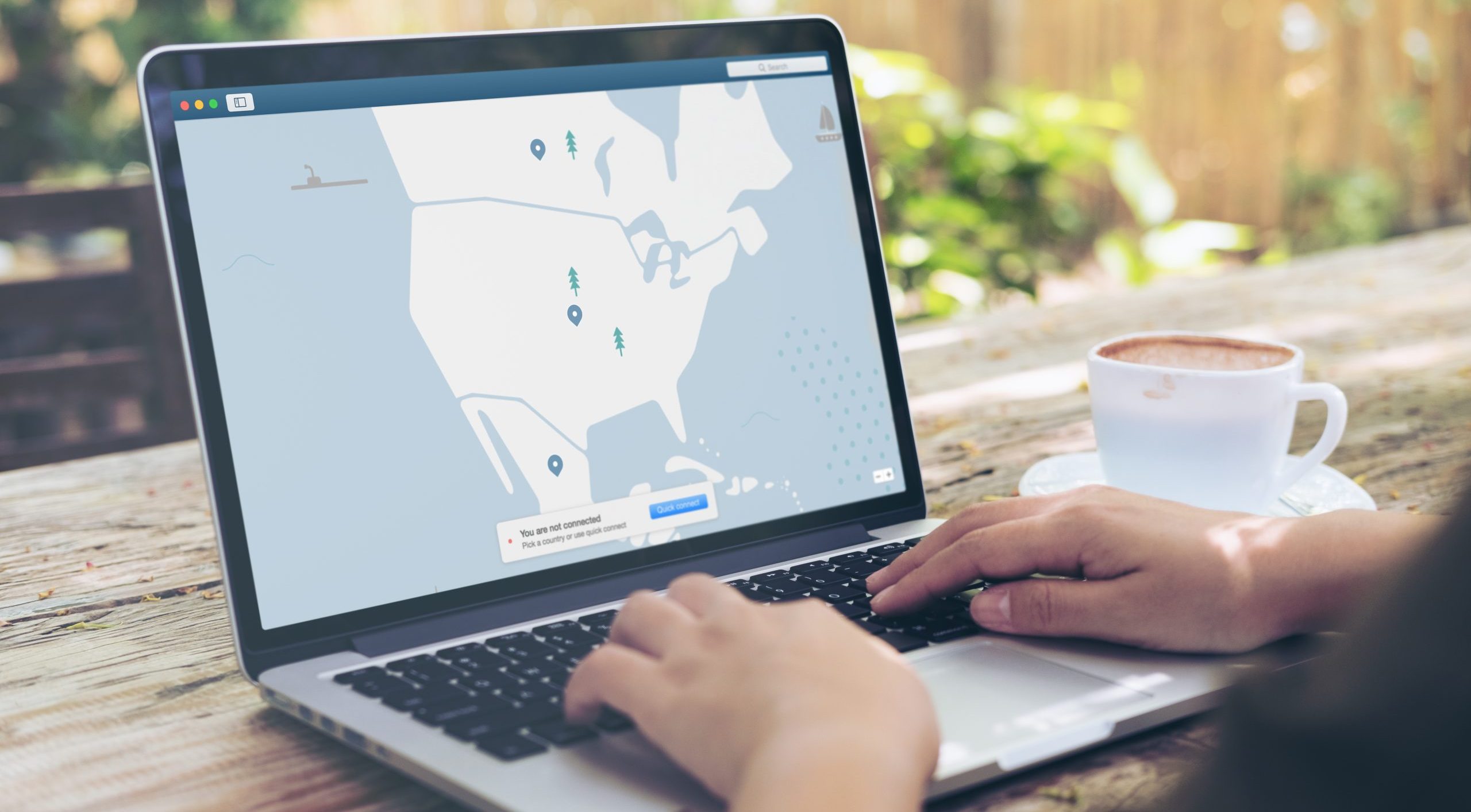Today, many internet users use Virtual Private Networks (VPNs) to protect their online privacy and anonymity. But what does your Internet Service Provider (ISP) see when you use a VPN? In this article, we will explore how ISPs interact with VPNs and what information they can detect. We’ll also look at how you can keep your data secure even when using a VPN.
What Is VPN
A virtual private network, or VPN, is a secure connection between two networks or devices. It’s used by businesses and individuals to keep their data private and secure while they are connected to the internet. A VPN creates an encrypted tunnel that allows data to pass through without being intercepted by third-parties.
Using a VPN is like having an extra layer of security when accessing the internet, as it shields your IP address from snoopers and hackers, who would otherwise be able to track your online activity.
It also helps you stay anonymous online since it hides your real location from websites and services online. By connecting through a VPN server located in another country, you can access geo-blocked content that might not be available in your current country of residence.
What Is ISP
On the other hand, an Internet Service Provider (ISP) is an organization that provides access to the internet. ISPs enable users to connect their computer systems and devices to the internet, allowing them to browse, search, stream media content, download files and more. Generally, ISPs provide users with a modem or router for a monthly fee which connects them to the internet.
ISPs can be divided into two categories: wired and wireless providers. Wired providers use either telephone lines, cable television lines or fiber-optic cables while wireless ISPs use radio frequencies such as Wi-Fi or 4G/5G cellular data networks.
Depending on where you live there may be one or multiple options available from different ISPs. It’s important to compare services and prices between different providers when deciding on an ISP so that you can get the best deal for your needs.
What Your ISP Sees When You Use VPN
When using a Virtual Private Network (VPN), your Internet Service Provider (ISP) can still see some of the information that you are sending and receiving. While VPNs provide a secure connection, they cannot completely hide all of your digital footprints.
This means that while your ISP may not be able to view the content of your data, they can still monitor certain activities such as the amount of traffic being sent and received from their network.
It is important to understand that when using a VPN, your ISP can identify what websites or services you are accessing but cannot see exactly what kind of activity or data is being exchanged. They may also be able to track how much time you spend on various sites or apps and can detect if there is unusual activity taking place on their network.
Conclusion
VPNs are a great tool for keeping your online activity private. They offer a secure and convenient way to access the internet, and protect you from potential malicious actors.
While ISPs may be able to see that you are using a VPN, they won’t be able to view the content of your traffic and they cannot tell where you are connecting from. As long as you choose a good VPN provider and maintain strong security practices, you can rest assured knowing you’re browsing the web with privacy and anonymity.


